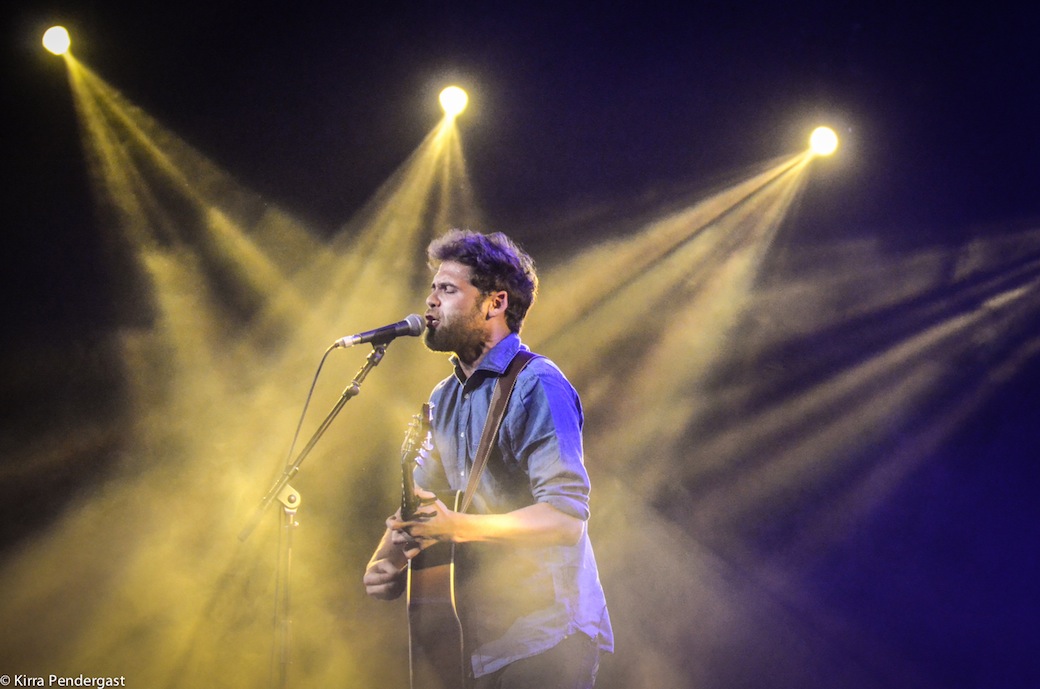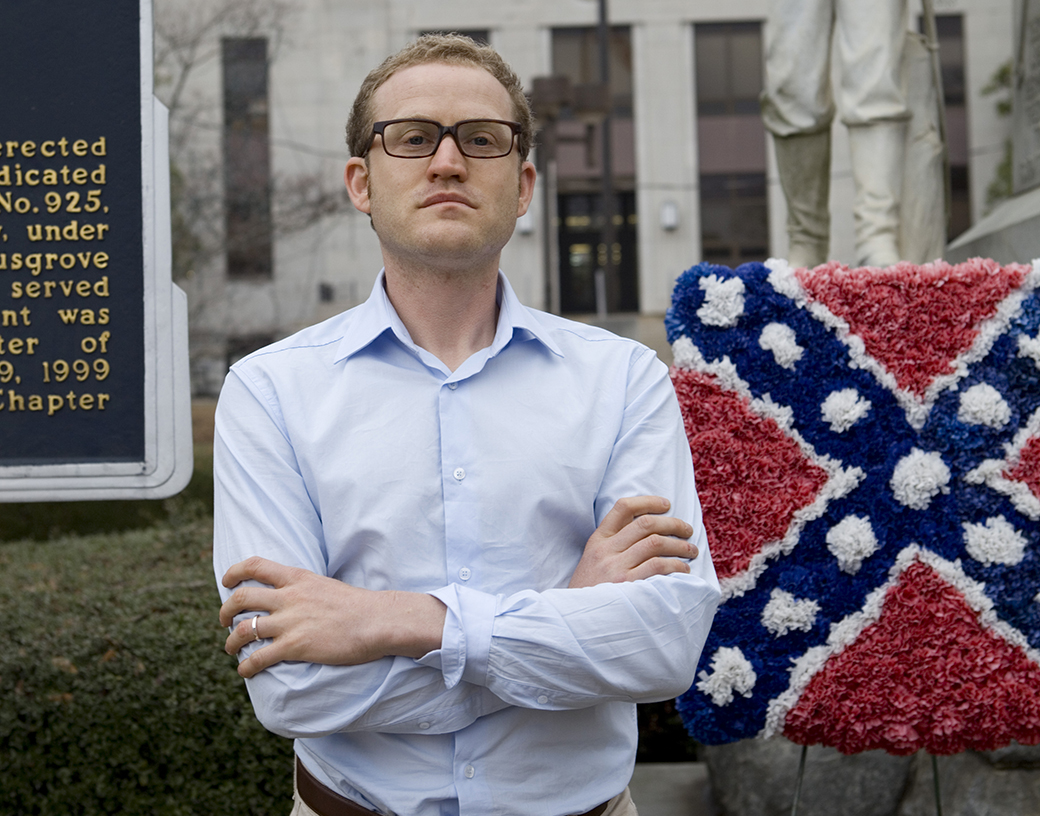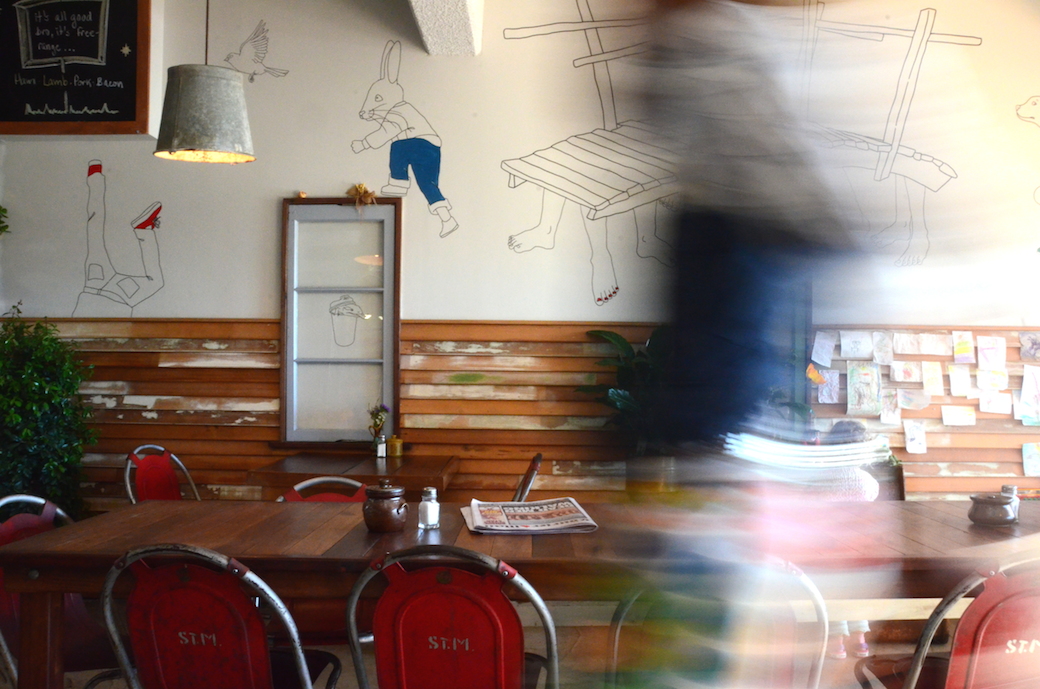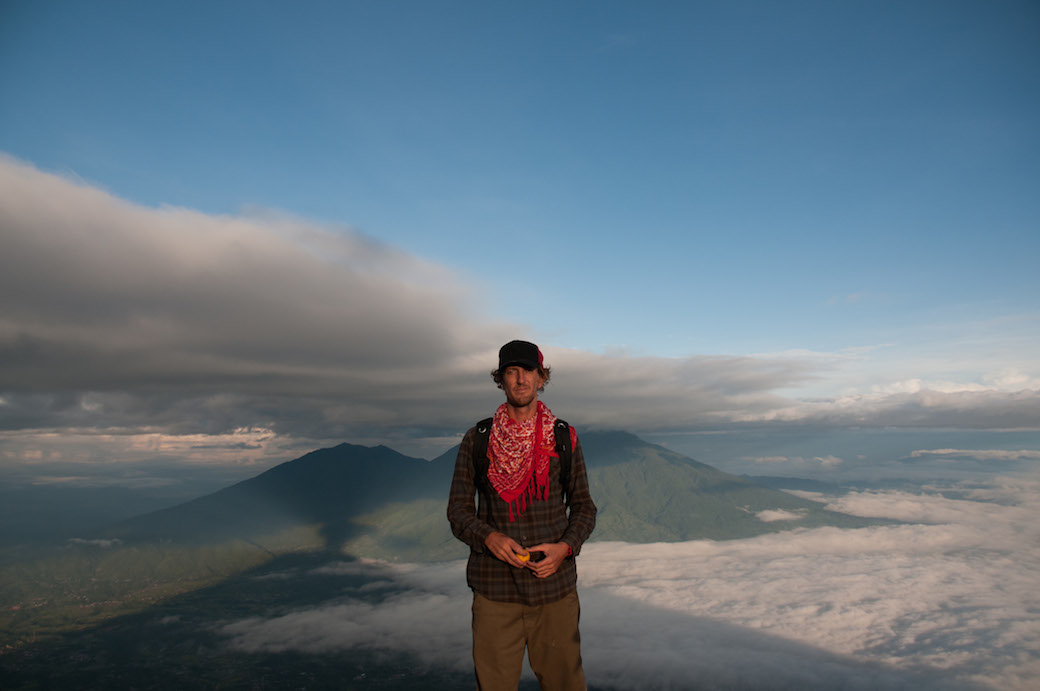
TOWARDS A BETTER LIFE | WASTE-FREE FUTURES
We’re in trouble. There’s no masking it anymore, there’s no candy-coating it or denying it. We are gobbling up the Earth’s resources faster than ever before and exponentially, we aren’t managing the production or repurposing of any of these resources and society continues to blindly march onwards, advocating single-use over-consumption in every facet of our lives.
Even if we ‘do the right thing’ and dispose of our trash properly, we still nurture a blasé, out-of-sight-out-of-mind mentality. We’re proud to say we recycle, but what we should really take pride in is not creating the waste in the first place.

Drew Rogers hasn’t always been an ecologist. Studying communications at university and continually bombarded with that baby-boomer mentality of an education-career-mortgage lifestyle, Drew moved to Sydney and took an internship with the extreme sports behemoth, the X-Games. Working in TV post-production for the organisation and DJing nights, his days were filled with bright lights and consumer marketing deep in the heart of the concrete jungle.
“I realised sitting in front of a computer for eight hours a day wasn’t really where I wanted to be,” says Drew of his five-year tenure in the big smoke. “I came up here to visit a friend and fell in love with it. The next year was just a process of packing up my life in Sydney and getting up here.”
DJing and the familiar stream of bit-part jobs sustained Drew’s North Coast induction. Despite growing up on the Coast, his time in Sydney had deprived him of his connection with the environment but, as Byron so proficiently does for so many, his new home provided him a long-awaited reunion with nature.
The bay and it’s surrounding hinterland obviously had a very profound affect upon Drew. Not long after his northern migration eight years ago, having floated his way through numerous jobs to make ends meet, he returned to education, studying conservation at the local TAFE. This lead on to employment with the Gold Coast City Council and the North Coast National Parks and Wildlife chapter, regenerating bushland along the coastline.

But life doesn’t always deal us cards in a predictable fashion. Working on the front line and seeing first hand the common disregard for nature and complacency towards littering, Drew was facing emotional challenges daily. Although he was working on ecologically valuable projects, the tangible difference being made was slight. Unfulfilled, and with the addition of tribulations in his personal life, Drew realised it was time for change – a paradigm shift.
“Doing bush re-gen, is pretty hard work and you don’t get quick results,” says Drew, “you have to wait at least five years. And then seeing people chucking rubbish anywhere and everywhere, I was just getting really disillusioned, thinking I was fighting a losing battle, especially in public spaces and seeing how disconnected everyone is with their natural environment. I really wanted to do something environmental, but I couldn’t handle seeing all that stuff without doing anything about it.
“I travelled to Sumatra and while I was there, we hiked a volcano – you start at 11 o’clock at night and get to the summit on sunrise. We hiked up through the rain forest and arrived at this little plateau, surrounded in mist and cloud, in complete darkness. Our guide said we’d stop there, have a little rest and light a fire before starting out for the summit. I was looking around for pieces of wood to make a fire, but it was all wet and I had no idea how we were going to get a fire going. I got back to the plateau where the guide was and he just had a pile of plastic bottles; ‘this is the fire’ he said! It was like a blue jet flame shooting up into the air!
“We carried on up to the summit in the dark and watched this incredible sunrise. But then, as we started heading back down, we saw that the whole volcano around where we stopped was just plastic bottles everywhere, shimmering in the sunlight.”

This was Drew’s moment of epiphany. He became aware that, while it is admirable to clean up the problems caused by others, to collect litter, to regenerate natural areas, the issue lies in the foundation, not in the outcome.
It is easy to point fingers, to berate the ignorance of others, to walk the path of a martyr, bitterly, scornfully collecting the detritus of society as you curse the carelessness of the world under your breath. But this is not a solution. Naivety is not a choice.
“Waste is really a psychological issue,” Drew reflects. “It’s got to be taught through community involvement and education. Not just, ‘don’t throw that away,’ or ‘recycle that,’ but actually addressing consumer decisions and their power to shape the world we live in.”
Waste-Free Futures is the result of Drew’s experiences – not only through travels and experiences with waste through his bush regeneration work, but also from working alongside established NGOs such as Positive Change For Marine Life.
Positive Change is superb in what it addresses and achieves. Regular beach clean-ups, events to educate the general public and fund raising to protect and nurture the marine environment all provide a much-needed service to the planet. But Drew’s vision is for a clean environment through better waste solutions, reducing its creation and improving its management.
“The idea is about promoting sustainable ideologies,” he shares, “whether it’s recycling management or putting on movie nights and educating people. I just wanted to get it out there as an ideal so that people start thinking about it.”
Closely affiliated with Santos, Drew was aware the business was providing soft plastic recycling, for it’s own waste, for it’s customers and also for Positive Change. Utilising this service, thanks to the help of Paul Crebar of Back Out Loud, Drew and Paul are now collecting the soft plastic waste of other local businesses, charging an insignificant fee to simply cover costs and tackling the problem before it enters the environment.

Single-use plastic is suffocating the planet. It is evident in our towns and gutters, along our coastline, dancing on the unseen hands of inner-city wind currents. But it goes beyond the more obvious repercussions of garbage, as Drew explains:
“For every 600ml water bottle, it takes quarter of a bottle of oil just to make that one bottle. People don’t realise that – they see a product and don’t think about how it’s made or what goes into it. We put everything in our yellow bins and then someone else sorts it all. You’ve got seven different types of recyclable plastics – low density, high density, polypropylene, polyethylene and more – and if you get one tiny bit of one mixed in with the other then that plastic is downgraded. Here in Australia, it’s not economically viable for someone to sort through it all so we have to send it to China.”
This, of course, then produces transportation emissions. Added to that, China has now established the Green Fence Policy, demanding that plastics shipped to the country be 100 percent contaminant-free. If not, the entire container gets returned to the country of origin, often destined for landfill, costing the sender $18,000. So the viability of the entire process is on a knife-edge. Ideally, all recycling would take place within the producer’s country, creating jobs, sustainability and resources for such things as plastic furniture, fittings and other end products not requiring class-A plastics.
While recycling may well be a superb management of waste, with plastics degrading in quality with almost every recycle their reuse life is finite – sooner or later, these too will be destined for landfill.
“Plastic is evil,” says Drew. “Anything that is created for a single use, that takes so much energy is pure evil – we shouldn’t have it on the planet – it goes against every environmental law.”

Every piece of plastic ever created still exists, all of them polymerised into existence within the last century and all of them existing for time eternal. We have become so dependent on plastics that to cease their use globally, certainly in any foreseeable future, is all but impossible. Waste-Free Futures dreams of such a day, but Drew rationalises that plastic won’t just go away.
“At the end of the day, we don’t want people buying plastics – that’s what we want to teach people. When they stop buying plastics, the companies will have to adjust to the consumer market. Gordon Fraser-Quick, who heads up the waste technology course at Southern Cross Uni, says ‘waste is just a resource in the wrong place, at the wrong time, at the wrong price.’ The recycling market worldwide is the second largest and employs the second most amount of people only behind agriculture. Repurposing, reusing and ending the disposable culture we have is the future.”
To find out more or connect your business with Waste-Free Futures, head over to their Facebook page: www.facebook.com/wastefreefutures.
– This article first appeared on Common Ground Australia on Aug 4, 2014
You May Also Like

MEAT FREE WEEK | SIMPLE THINGS CHANGE THE WORLD
May 31, 2015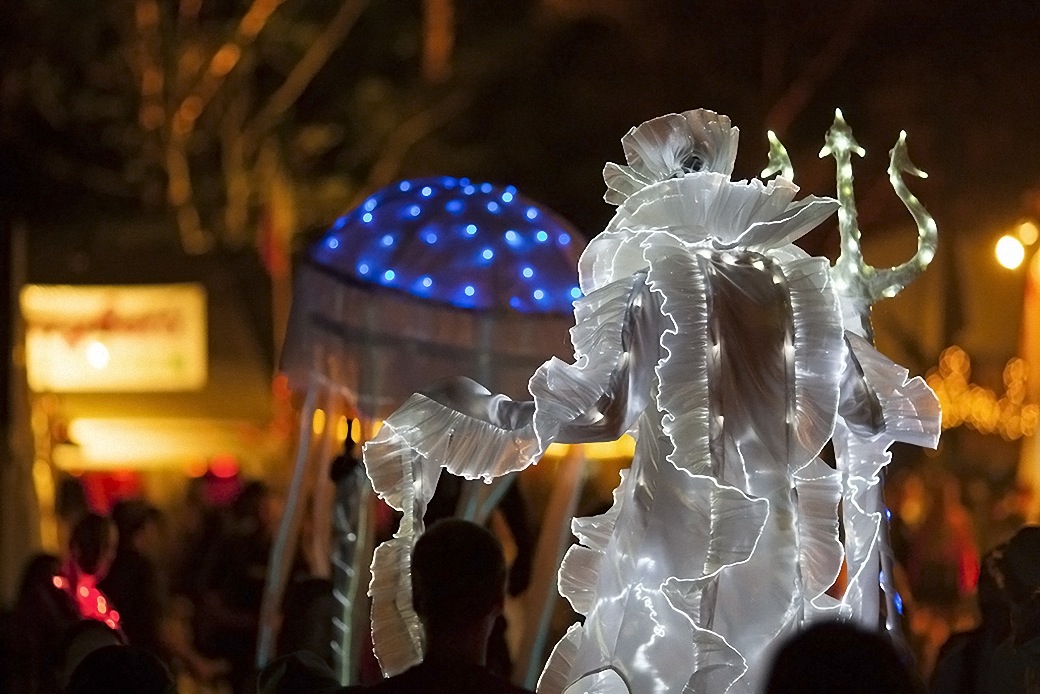
3 MINUTES | THE MAGIC OF WOODFORD
May 30, 2015